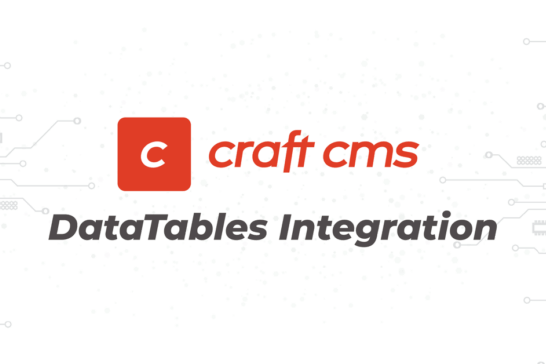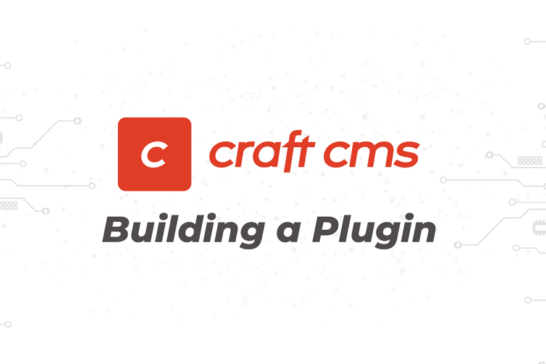Google recently announced that HTTPS encryption would now be considered as a ranking factor for websites. While HTTPS encryption has long been standard practice for e-commerce sites (where security is always paramount for credit card data), Google is hoping that this announcement will encourage all webmasters to secure their websites.
This shouldn't come as too much of a surprise, as Matt Cutts and the Google team have been promoting the move to HTTPS for years. What is a surprise, is that Google has been so open about confirming HTTPS as a ranking signal. While Google was quick to stress that HTTPS signals impact less than 1% of searches, they have hinted that it may take on greater importance as a ranking factor.
So, in the wake of this announcement, we have to ask ourselves “is it worth making the move to HTTPS for a small boost in rankings?”
More importantly, what are the advantages, and possible disadvantages, of switching to a secure HTTPS website?
The Advantages of HTTPS
Switching to HTTPS with an SSL certificate offers some definite advantages, not the least of which is added security for you and your website's visitors. While it is too soon to tell just how much of a rankings boost switching to HTTPS might give you, the other advantages are not insignificant.
- Added Referrer Data - The referrer data from traffic passing from a secure HTTPS site to an unsecured HTTP site is routinely stripped away, only showing up in your analytics reports as 'Direct'. However, if you add an SSL certificate to your site, you will be able to access referrer data on all of your incoming traffic, whether it comes from an HTTPS site or an HTTP site. That is, from everyone except Google. They don't play by the same rules as the rest of us.
- Added Security - An SSL-certified URL brings with it added security, and not only for passwords, credit cards, and customer information. HTTPS prevents third-party interference, helps to identify and verify your website with the server, and protects all communication including your visitor's browsing history.
- Web Forms - Once you secure your site, all your web forms will naturally become secure as well. Every little bit of added trust to your visitors and user experience helps. Google stresses user experience as another top metric. Plus, who doesn't like a pleasant browsing experience?
- Rankings - It is unlikely that switching to HTTPS is going to result in an immediate boost in your rankings, but we're starting to see more HTTPS sites in the SERPs. Still, the added security and authority that comes with an SSL certificate can only help to improve your site. That being said, other SEO tactics (quality content, local optimization, links, etc) will always have more weight than an SSL certificate.
- Speed - HTTPS requires a little more overhead on all transferred data to your visitors, but when combined with the HTTP/2 protocol, this combination results in much faster throughput and encryption. We know that website speed is one of Google's ranking factors. Focus on optimizing your non-HTTPS site for speed before moving to a secure version.
The Disadvantages of Moving to HTTPS
While adding an SSL certificate to your website has some distinct advantages, it also has a few disadvantages that should not be ignored. Making the move to HTTPS can be complicated, and there are some pitfalls along the way.
- Cost - SSL certificates are not free and can run anywhere from $100 to $500 a year depending on the type of certificate you use. This can be a problem for smaller businesses operating on a limited budget.
- Migration Errors - Switching to HTTPS can be complicated, and mistakes can happen. You may find that your canonical tags are now pointing to the wrong URL, or that you have blocked important URLs in your robots.txt. Be prepared for some teething pains as you work through all the potential bugs. Have a solid game plan before you start to avoid migration issues as much as possible.
- Social Indicators - When moving to HTTPS you will find that you will be losing all of your social shares. While social indicators are not a definite ranking factor, they do bestow a level of trust and authority that helps to promote your website and its content in a phenomenon called social proof. Some social networks, like Facebook and Google+, claim they will transfer your likes and shares if you properly 301 all your links. If you're a coder, there are some crafty ways to preserve your social shares. Check out this post from Mike King.
- Dedicated IP Address - To install and set up HTTPS, you will need a unique IP from your web hosting provider, and they will most likely charge you a fee for it. But, this is really a win since you will now be the only one using the newly assigned IP and not sharing it with sites that can potentially harm your SEO efforts.
What to Watch For When Moving to HTTPS
Google is pushing for more secure internet, and while HTTPS is only a minor ranking factor now, it's likely to become more important in the future. Not every webmaster should be racing to add an SSL certificate to their website, and those that do should consider the following points to ensure that they maintain their efforts for rankings.
- Use 301 redirects to point HTTP URLs to your new HTTPS URLs
- All of your canonical tags should reflect your new HTTPS URLs
- Hardcoded internal links should be rewritten to point to the HTTPS URL
- Verify your new HTTPS URL with Google Webmaster Tools
- Update your XML sitemaps to include the new HTTPS URLs, and re-submit those sitemaps in GWT
- Update your robots.txt files to ensure that no pages are being blocked
- Check your Google Analytics property to make sure it's set up to accept your new HTTPS website version
- Check if you have properly enabled HTTP/2 using this tool
- Finally, check your new HTTPS site with Qualys SSL Labs for security vulnerabilities
It shouldn't come as much of a surprise that Google is now making HTTPS a minor ranking factor. Google has made it perfectly clear over the last couple of years that security is one of its primary concerns. Making the move to HTTPS can be complicated, but it also adds a level of increased security that will not only please Google but will reassure your clients and customers.




